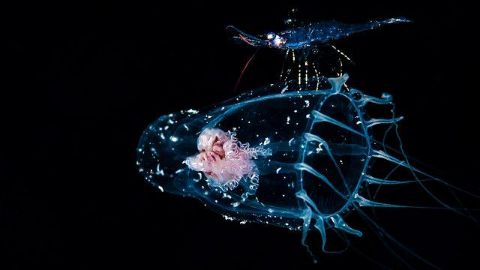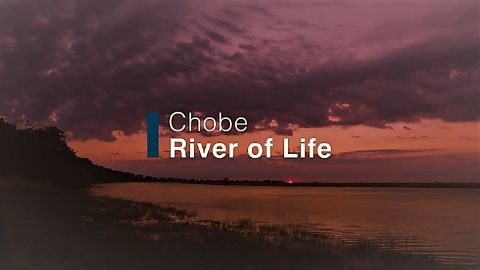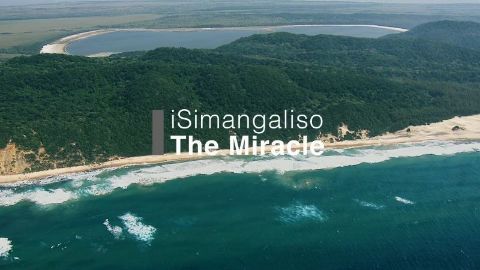Green • 2023 • episode "S1E3" • Earth: One Planet, Many Lives
In this episode, Chris Packham tells the miraculous story of how plant life turned Earth from a barren rock into a vibrant green world. A four billion year saga of extraordinary highs and lows that almost wiped out all life on the planet. Four billion years ago Earth was predominantly a water world, lacking land masses, with plant life’s early ancestors trapped on the seabed. Everything changed when a giant asteroid bombardment smashed into the young planet’s crust triggering plate tectonics - Earth’s extraordinary land building force. As opportunities on land grew, plants faced an epic struggle to establish themselves in a world dominated by giant eight metre fungi, overcoming death and dehydration and eventually creating the life-giving substance that would allow them to prosper: soil. But just as they seemed set to triumph, evolving into the amazing biological machines that are trees, they became the victims of their own success. Giant swamp forests sprang up, locking up so much carbon dioxide, that global temperatures plummeted sending Earth into one of its most terrifying chapters yet.
Make a donation
Buy a brother a hot coffee? Or a cold beer?
Hope you're finding these documentaries fascinating and eye-opening. It's just me, working hard behind the scenes to bring you this enriching content.
Running and maintaining a website like this takes time and resources. That's why I'm reaching out to you. If you appreciate what I do and would like to support my efforts, would you consider "buying me a coffee"?
Donation addresses
BTC: bc1q8ldskxh4x9qnddhcrgcun8rtvddeldm2a07r2v
ETH: 0x5CCAAA1afc5c5D814129d99277dDb5A979672116
With your donation through , you can show your appreciation and help me keep this project going. Every contribution, no matter how small, makes a significant impact. It goes directly towards covering server costs.


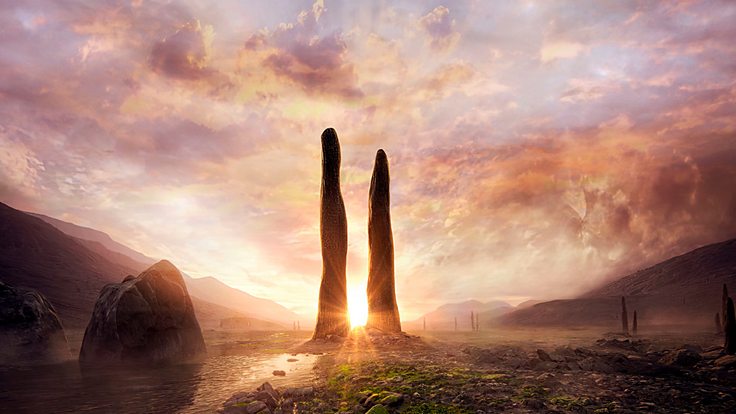

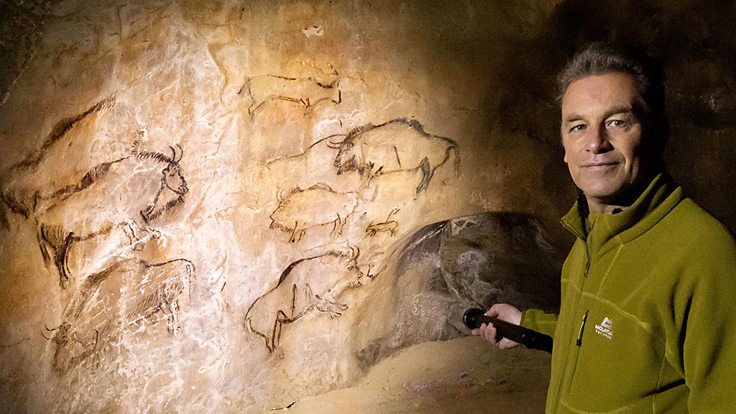

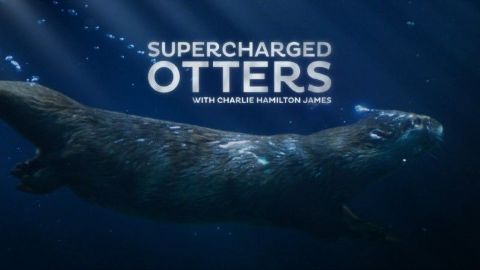
![Deep Trouble [Extra]](https://ihavenotv.com/img/12215.jpg)
